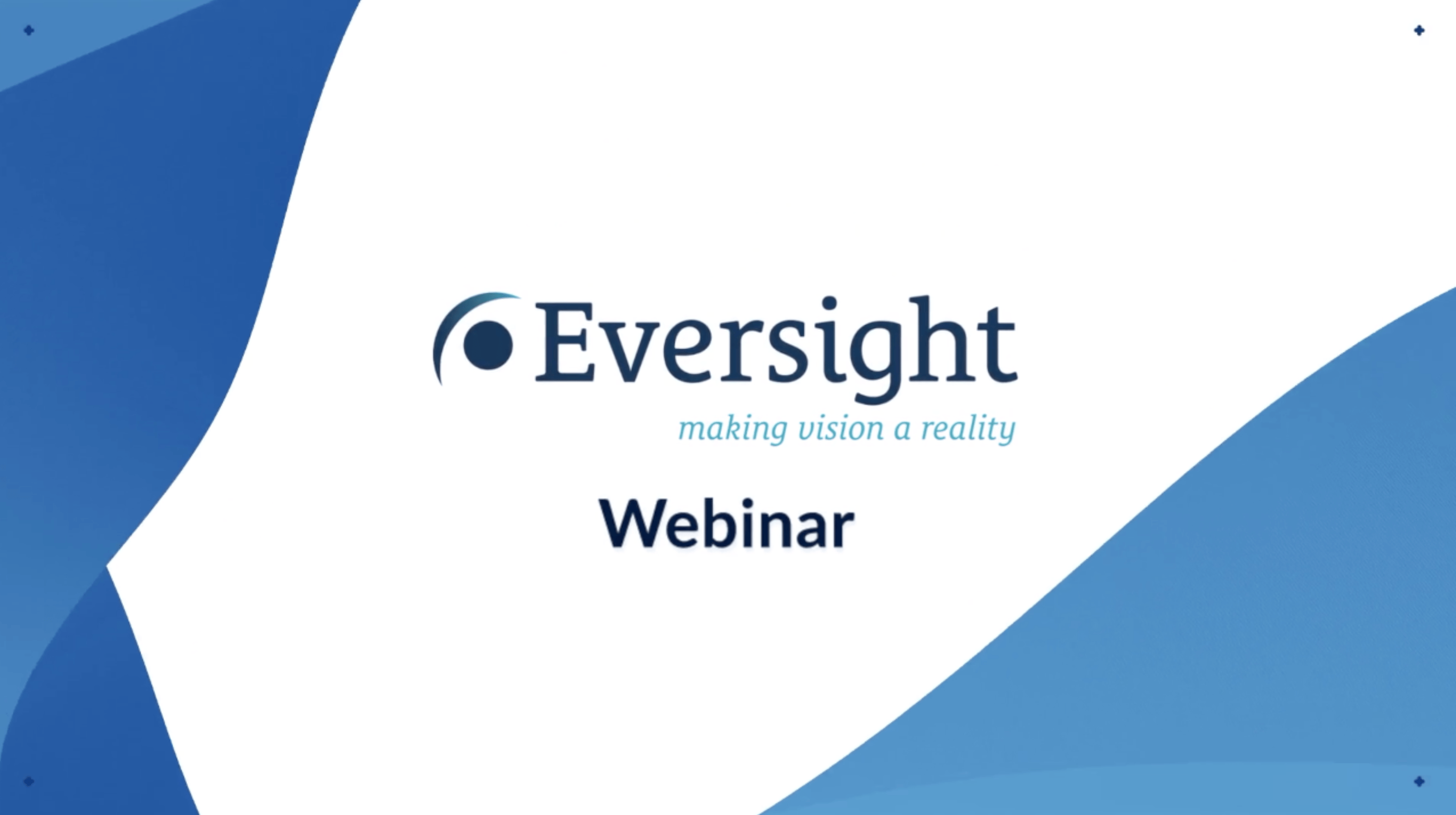Jul 8, 2022 — Michael Szkarlat, Senior Partner Development Director
July 8, 2022 — We were joined by Divya Srikumaran, MD, of Johns Hopkins Wilmer Eye Institute for our June 2022 webinar. She discussed her algorithm for the management of cases with concurrent cataracts and Fuchs’ endothelial corneal dystrophy (FECD).
Dr. Srikumaran begins with a brief description of the pathophysiology of Fuchs’ and the history of surgical treatment, followed by a detailed discussion of her approach to diagnosing the underlying cause of visual impairment in cases where there is concurrent cataracts in patients who also suffer from Fuchs’ dystrophy.
This diagnostic serves as the input for her algorithm, which then divides treatment into the following three categories:
- Significant FECD/no cataract
- Mild FECD/significant cataract
- Significant FECD/significant cataract
Throughout her description of each of these scenarios, Dr. Srikumaran uses case examples to demonstrate use of the algorithm. In addition to the use of individual cases, she summarizes the most recent and strongest evidence available to support her conclusions. She continues to highlight the importance of careful diagnostic assessment in each scenario.
When describing the second scenario, mild FECD with significant cataract, Dr. Srikumaran offers her considerations for cataract extraction in eyes with FECD. The final scenario, significant FECD with significant cataract, features considerations for determining when to perform triple vs. staged procedures.
She also offers pearls for performing DMEK triple procedures including advice on how to achieve good refractive outcomes in these patients.
Key takeaways include:
- History of Fuchs’ and surgical management
- Importance of accurate diagnosis in cases of concurrent Fuchs’/cataract
- Scenario 1: Mild FECD/no cataract
- Scenario 2: Mild FECD/significant cataract
- Scenario 3: Significant FECD/significant cataract
- Surgical modifications for DMEK triples
Dr. Srikumaran specializes in the management of anterior segment and corneal disorders in her role as an associate professor of ophthalmology in the Division of Cornea, Cataract and External Disease at the Johns Hopkins Wilmer Eye Institute. Her research is focused on the assessment of corneal transplant outcomes and predictors for receiving keratoplasty through big data sources, including administrative claims data and in collaboration with eye banks.
Eversight's free webinars are a great way for you to connect, learn and train digitally with leading ophthalmologists and researchers from around the world. We invite you to RSVP for scheduled webinars and browse our recording library.
Have an idea for a future topic? Interested in receiving timely and relevant information from Eversight? We'd love to hear from you!

